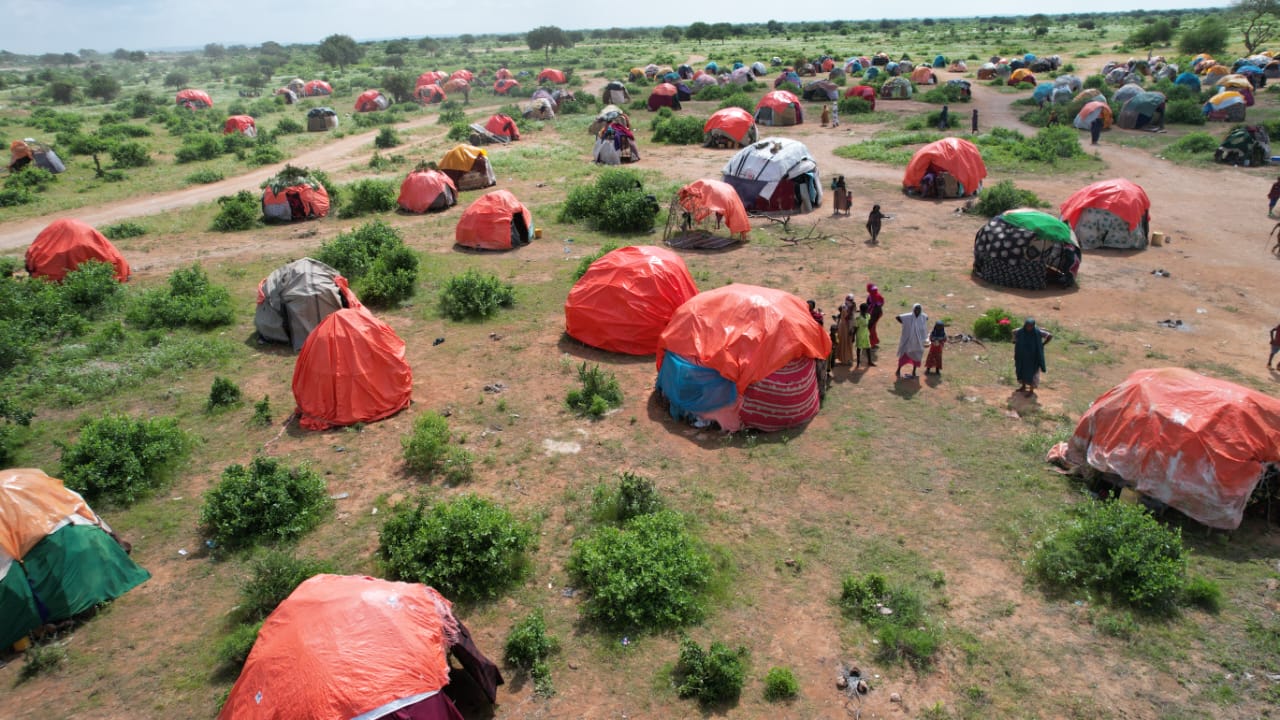London, 14th December – As 2023 heads towards potentially becoming the hottest year ever recorded, and with extreme weather driving millions in climate-vulnerable nations into hunger, there has been a heightened sense of urgency for a breakthrough at this year’s climate summit.
Therefore, it was a relief for many to see COP28 in Dubai end with countries reaching a deal to transition away from fossil fuels. The establishment of a fund for climate-related loss and damages was also agreed at the summit’s opening plenary, however, no concrete progress was made regarding food and agriculture. While the steps taken by world leaders towards ending the use of fossil fuels and providing climate-just support are welcome, they fall significantly short of the necessary measures to limit warming to 1.5 °C and safeguard the right to food for those exposed to the most severe climate impacts.
Fossil fuel use
With the recognition of the need to “transition away”, this year’s summit marked the first direct mention of fossil fuels in the central declaration in thirty years of conferences. However, the outcome lacks urgency and contains loopholes which can be used by oil and gas-rich countries to extend fossil fuel use and maintain emissions, therefore exposing millions more to dangerous climate effects and worsening access to food and nutrition. Any transition is also at risk if it is not supported by adequate climate finance provided by polluters.
Food and agriculture
There is also a lack of attention given to food and agriculture in the joint declaration. Although food systems contribute one-third of global greenhouse gas emissions, there is no recognition of the sector’s need for mitigation. The eventual deal missed an opportunity to signal in favour of agroecology, the sustainable and regenerative farming practice which uses natural processes and ecosystem principles, and has been put forward as an approach to strengthen the resilience of global food systems.
“Food production is one of the main drivers of climate change. It accounts for about a third of all man-made global greenhouse gas emissions,” said Marie Cosquer, a food systems and climate crisis analyst at Action Against Hunger. “For a long time, governments and institutions tended to present the issues as separate opposing battles. Some claimed that in order to feed the entire planet, we needed to produce more food. But now there is clear evidence that our global food system is no longer working because hunger is becoming more widespread.”
“It’s urgent but unfortunately there doesn’t seem to be any political will behind the issue. We know the solutions. We just need to implement the principles of agroecology and increase public funding to support food producers,” Cosquer concludes.
Loss and damage
While the early decision on the loss and damage fund signals historic progress in this area, the amount of funding pledged is not enough to respond to the scale of the damage. The most affected communities are already paying an enormous price for loss and damage (estimated to be greater than $400 billion a year), and the need for finance has by far exceeded the funding pledged by wealthier nations, which at $700 million is the equivalent of less than 0.2% of yearly losses.


